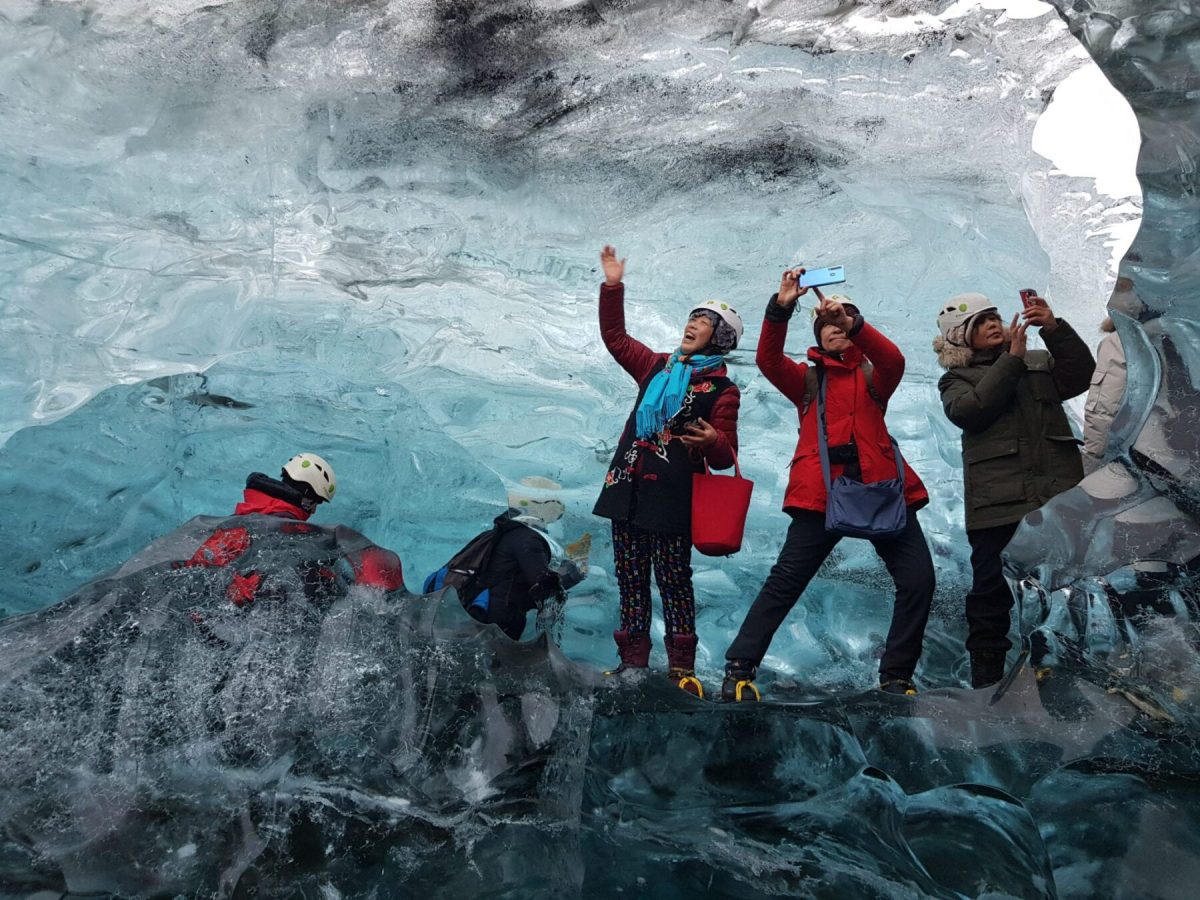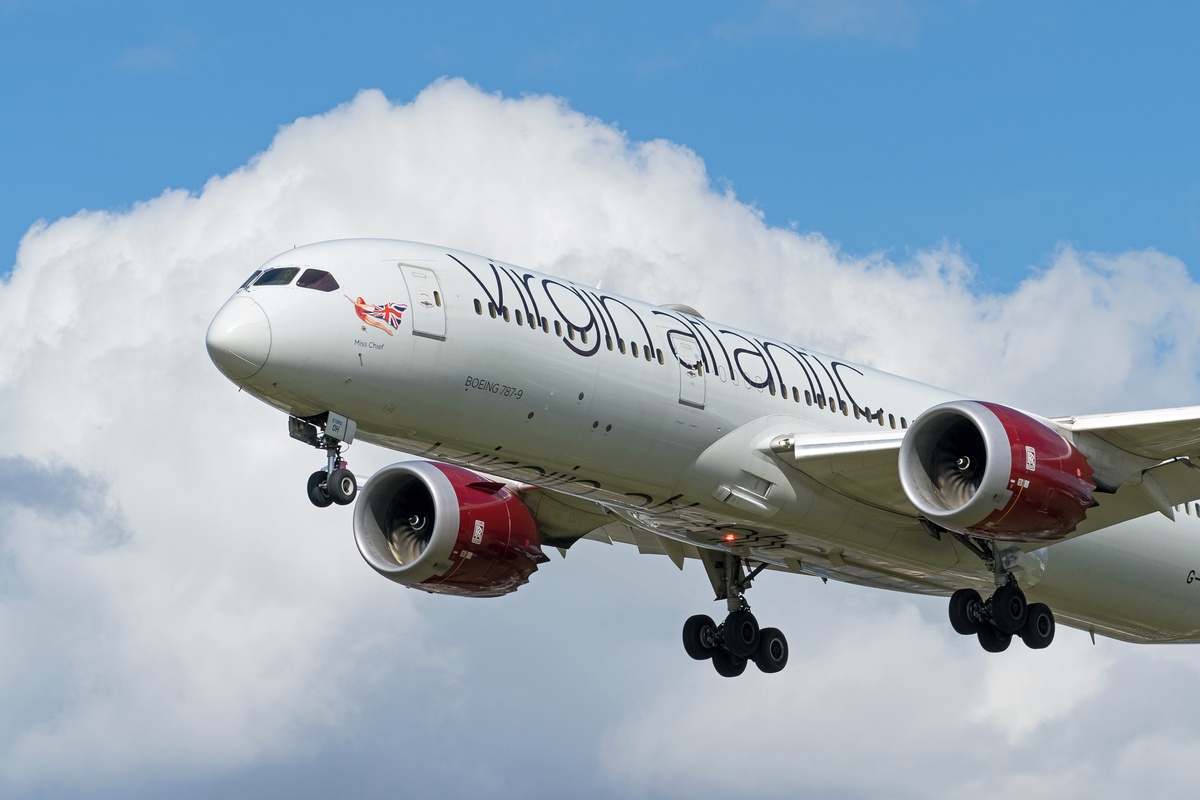The Impact of Dubai Loosening Up on Alcohol to Boost Tourism May Have Its Limits

Skift Take
Dubai recently suspended a 30 percent tax on alcohol and removed fees for personal alcohol licenses as part of its strategy to make the city more appealing for prospective visitors. Officials in Dubai believe those measures will help it reach its of goal of becoming the world's most popular tourist destination.
However, Dubai's moves haven't spurred its neighbors in the Middle East and North Africa with strict restrictions on alcohol to take similar steps. Other destinations in the region are looking at other ways to boost tourism without easing curbs on alcohol.
"Such a decrease in tax didn't change anything in the travel industry. As this happened in the (United Arab Emirates), it had no effect on Egypt at all," said Karim El Minabawy, president of Cairo, Egypt-based travel agency Emeco.
"Alcohol is being (served) in both countries without any interruption."
Meanwhile, Qatar, which welcomed roughly 765,000 visitors during the first two weeks of soccer's World Cup in 2022, has unveiled plans to leverage Doha's Hamad International Airport status as a hub to lure visitors into making brief stopovers. Qatar Tourism Chief Operating Officer Berthold Trenkel said during Skift Global Forum East last year the country is also considering using tournament venues for occasions other than sporting events.
But the Gulf State isn't looking to loosen laws regarding alcohol. Qatar only permits alcohol to be sold at licensed hotel and bars while expats can only purchase it through a permit system. The Qatari government banned the sale of beer at World Cup venues, which Trenkel said contributed to a relaxed atmosphere at stadiums during the tournament.
Saudi Arabia's strategy to boost tourist arrivals also doesn't include taking official steps to significantly ease its strict restrictions on alcohol. Officials in the the country, which is spending $1 trillion in its push to attract 100 million visitors annually by 2030, recently reiterated that only products permitted to be traded in Saudi Arabia can be sold at duty-free shops, ruling out alcohol. Fahd Al-Rasheed, CEO of the Royal Commission for Riyadh City, said he didn't see alcohol being allowed in the Saudi capital by 2030, when it hopes to host the Expo 2030 world fair.
Even if Qatar and Saudi Arabia haven't followed in Dubai's footsteps, officials in Dubai see enormous benefits to its move to make alcohol less expensive, considering its reputation for being an expensive drinking location. A pint of beer often costs $15 while and a glass of wine runs $20.
"Decisions like (the reduction of the alcohol tax) only help make the city a lot more attractive,” said Paul Bridger, chief operating officer of Dubai-based hotel chain Rove Hotels.
“Offering travelers a better-valued selection of beverages is always beneficial. A lower tax allows us to pass on these savings to our guests, who ultimately see better value and a wider choice.”
While Bridger acknowledged it's premature to determine the impact of the reduced alcohol tax, Ipshita Sharma, a consultant at Dubai-based travel agency SCN Travel & More, noted there hasn't been a significant reduction in the price of alcohol in the city yet. But she's optimistic that the reduced tax will boost Dubai's economy.
"As travel agents, we're hoping that post-Ramadan, when brunches come back, the prices will (decrease)," Sharma said. "So we expect a lot of happy tourists this winter season.




